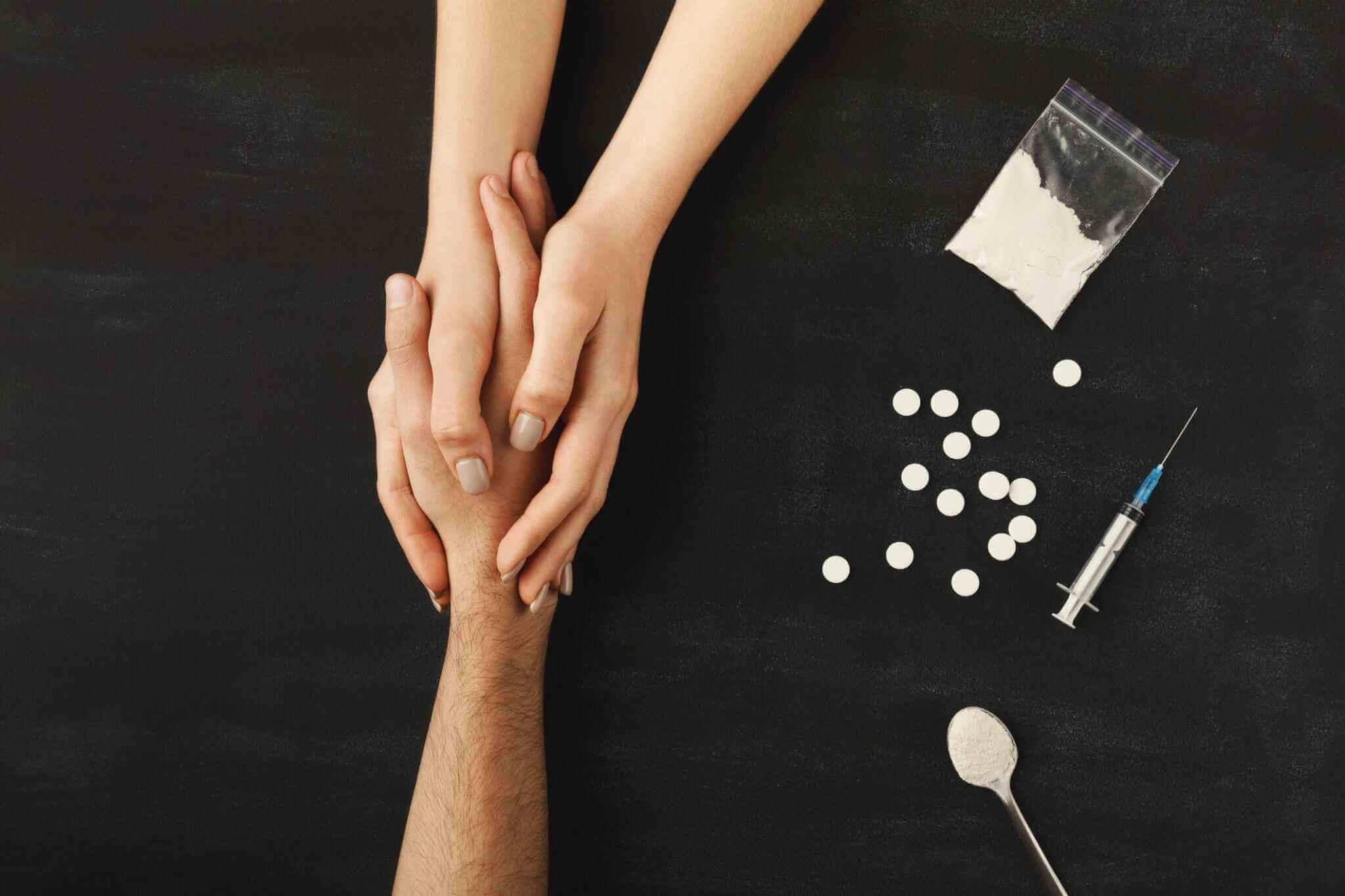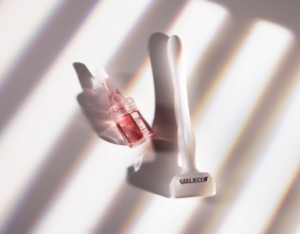
Drugs
How To Provide Support For Someone Trying To Quit Drugs
Sometimes giving support to a loved one who wants to be drug-free can be a tough, yet necessary job. As somebody who has watched the challenges of addiction and recovery and the rewards gained, I acknowledge the significance of giving the right type of backing. In the following page, I will provide you with some of the best strategies that will enable you to give support to those who are trying to be clean.
1. Educate Yourself
To be the first to provide support is to be edified about the actual addiction and the recovery process. Having insight into the nature of addiction, damages to the brain, and challenges of withdrawal can make you compassionate toward your loved one and what they are going through.
2. Offer Emotional Support
Do not judge, just let them pour out their hearts to you. Even a chat with someone can be the whole of the world to them. Giving hope and reminding them about the good things they have to quit for is getting.
3. Help Create a Drug-Free Environment
Get them rid of drugs and the equipment used in taking it. As well as keeping them away from substances, that’s theirs or not, you should also avoid doing drugs or drinking around them.
4. Encourage Professional Help
While your assistance is vital, many times professional treatment is needed. Prompt them to look for expert doctors, psychiatrists, or support groups, something like Narcotic Anonymous.
5. Be Patient
To be realistic, drugs and alcohol do disruptes life so, the recovery is not always in a straight line but has its ups and downs. When this happens, stay with them and be patient and never doubt.
6. Promote Healthy Habits
Support activities that improve both physical and mental health, such as workout, meditation, or hobbies that don’t involve substance use.
7. Set Boundaries
Although it is essential to be supportive, you must respect limitations. It implies not to give money for drug buying or tell lies to protect them from their mistakes. Sometimes, “tough love” may be the cause.
8. Celebrate Milestones
Recognize and celebrate their success, even if it is something small. This can be very motivating.
9. Take Care of Yourself
Walking with a recovering addict in his problematic life may be tough, and you must be emotional support to him. Nevertheless, you do not have to forget about self-care. You have the right not to cope with your issues all by yourself and you need support at times when you do.
10. Plan for the Future
Stand by their side as they look forward to a drug-free life. Help them make plans and set goals for themselves after getting sober.
Conclusion
Encouraging someone to quit their smoking habit is truly an honorable and tough task. It is important to keep in mind that your main goal is to provide support, not to dominate the process of their recovery. Attempting to be patient, sympathetic, and to use the most effective method, you can surely take your share in their turning the life to a slower, drug-free, healthier road.
FAQs: How To Provide Support For Someone Trying To Quit Drugs
Q1: How can I tell if someone is really ready to quit drugs?
A1: Readiness signs include the expression of a desire to quit, recognition of the negative impact of the drug use and the beginning of the path to sobriety. Nevertheless, it is important to be aware that readiness periods are not always consistent and the person will need your help, be it they are strong and minimally affected or incredibly weak and completely under the addiction.
Q2: Should I remove all drugs and alcohol from my home if I’m supporting someone trying to quit?
A2: Yes, it is greatly suggested to have a home free of drugs. Apart from the other measures, remove from your house all substances and any related equipment which could become a trigger or a temptation for the person who tries to break up.
Q3: How can I support someone without enabling their drug use?
A3: Provide them with clear boundaries, don’t give them cash they could use for drugs, don’t cover their mistakes, and give them the accountability they need. You can be there for them as a friend, guide them to mental treatment or help them through the recovery process, but stepping away from trouble is essential to the process of healing.
Q4: What should I do if the person relapses?
A4: Stay calm and kind. Urge them to get back on their feet at once, tell them to learn something from the experience, or consider if their need of treatment or support may be amplified. Remember, turning back to one’s old habits can be further good-news as long as such a person keeps making adjustments to his or her usual way of life.
Q5: How can I take care of myself while supporting someone quitting drugs?
A5: Self-care is important. Set limits, search for your own support system or get therapy for yourself, and indulge in stress-releasing activities. Also, bear in mind that it’s not your job to rid them of their faults, as everyone is on their journey and you have to learn how to handle your own emotions and live a happy life without being affected by others.
Q6: What are some signs that professional help might be needed?
A6: There are severe withdrawal symptoms, the person cannot stop using despite his/her efforts, another mental health problem is co-occurring and drug use is causing trouble for a person or others when these are the signs.
Q7: How can I encourage someone to seek professional help for their drug addiction?
A7: Articulate your worry to them gently first, then suggest to get treatment or help them in the process of deciding about medical check-up. You might also go with them to the clinic if they feel better. You should make it clear that seeking help is stronger, not weaker which is the sidebar that healthcare applies to all cases.
Q8: What kind of activities can I suggest to someone trying to stay drug-free?
A8: Encourage healthy activities such as exercise, meditation, was practicing art, giving a hand in the community, and joining aid groups. The rule of thumb is to discover non-substance activities that are fun and absorbing. As for those safer ways, you would have them creatively explore and find appropriate alternatives.
Q9: How long does the recovery process typically take?
A9: Recovery may be an ongoing process but unfolds differently to each individual. It is necessary to resist making a timeline and instead of that to approach the recovery as processes of tiny steps where every win gets to be noticed.
Q10: What should I do in case of a medical emergency related to drug use?
A10: Call emergency services right away. If you doubt that the person may have taken an overdose then you can apply Naloxone that is if it is there and you are trained. Stick to the person until help comes.







